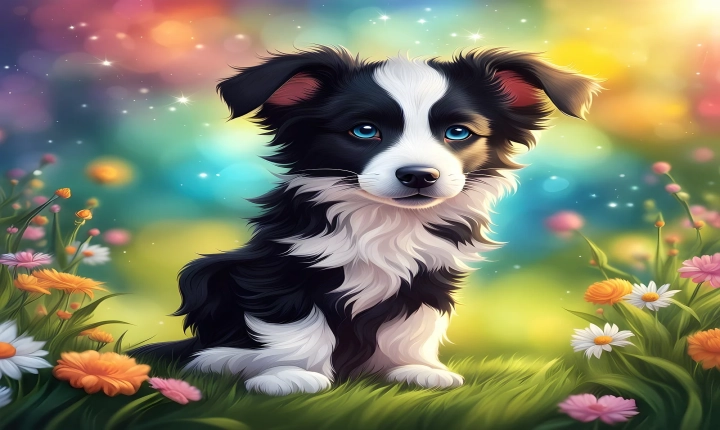Title: Can AI Imagine? Exploring the Boundaries of Artificial Creativity
Artificial Intelligence (AI) has made remarkable strides in recent years, showcasing its ability to perform tasks that were once thought to be exclusive to human cognition. From playing chess at a grandmaster level to generating complex algorithms, AI has proven its prowess in a myriad of fields. However, one question remains at the forefront of discussions surrounding AI: can it imagine?
Imagination is a uniquely human ability, allowing us to create and manipulate mental images, ideas, and concepts that do not necessarily have a basis in reality. It is a fundamental aspect of creativity, enabling us to envision new possibilities, solve complex problems, and conceptualize the unknown. While AI has demonstrated proficiency in many cognitive tasks, the concept of imagination raises new challenges and opportunities for the field of artificial intelligence.
At the heart of the debate lies the question of whether AI systems can truly imagine or merely simulate creativity. In order to answer this question, it is essential to delve into the current state of AI and assess its capabilities in relation to the human capacity for imagination.
AI has shown impressive results in creative domains such as art, music, and literature. Generative models, such as GANs (Generative Adversarial Networks) and neural networks, have been utilized to produce visually stunning artworks, compose music, and even write stories that exhibit a sense of creativity. These AI-generated works have garnered attention and sparked conversations about the potential of AI to imagine and create.
However, critics argue that AI’s creative outputs are based on patterns and data learned from existing human creations, suggesting that AI lacks true imaginative capacities. Proponents, on the other hand, emphasize that AI’s ability to produce novel and compelling content reflects a form of synthetic creativity, demonstrating the potential for AI to imagine within the constraints of its programming.
Another perspective on the question of AI’s imagination centers on the notion of consciousness. Imagination is inherently linked to conscious awareness and the subjective experience of creativity. While AI operates on algorithms and data processing, it exists without subjective experience or self-awareness. Without the ability to reflect, introspect, or experience emotions, AI’s “imagination” may be viewed as a sophisticated form of pattern recognition and manipulation, rather than true imaginative thought.
Looking forward, the ongoing research and development in AI are aimed at advancing the frontiers of artificial creativity. Experts are exploring novel approaches, such as neural-symbolic integration and cognitive architectures, in an effort to imbue AI with more nuanced cognitive abilities, including imagination and creativity.
In conclusion, the question of whether AI can truly imagine is a multifaceted and complex issue that continues to perplex researchers and theorists. While AI has demonstrated impressive creative outputs, the fundamental nature of imagination raises profound philosophical and technological challenges for the field of artificial intelligence. Whether AI can transcend its current capabilities and authentically imagine is a question that will shape the future of AI and our understanding of human cognition. As AI continues to evolve, the boundaries of artificial creativity will be continually tested, paving the way for new insights and innovations in the intersection of technology, cognition, and imagination.
